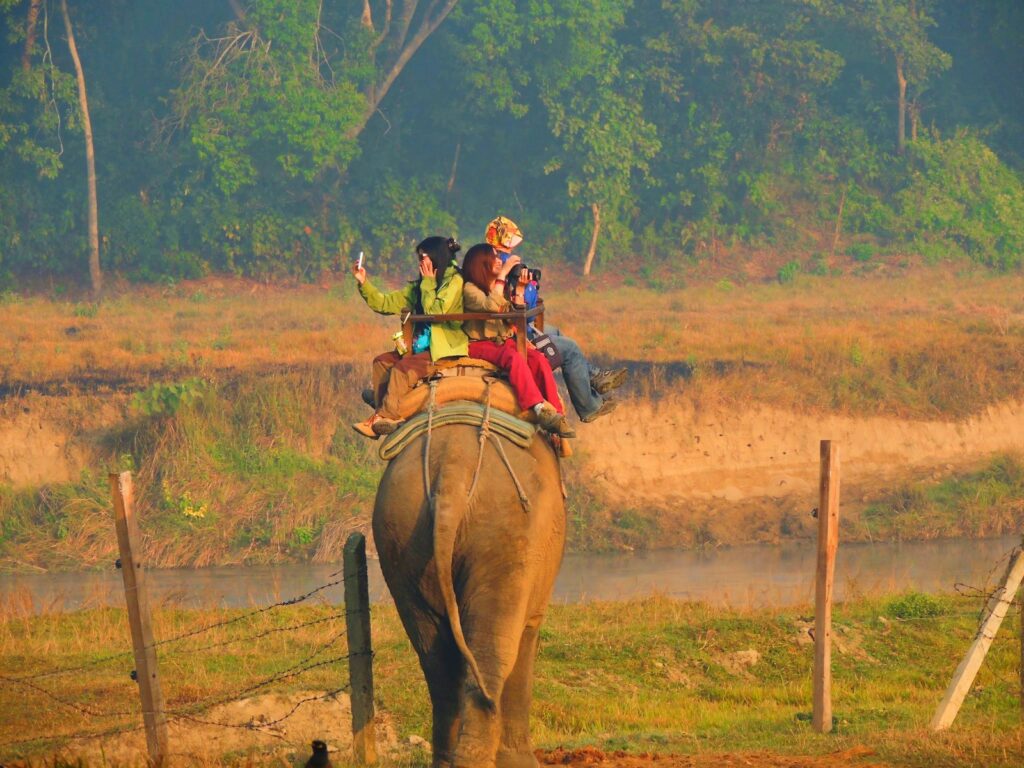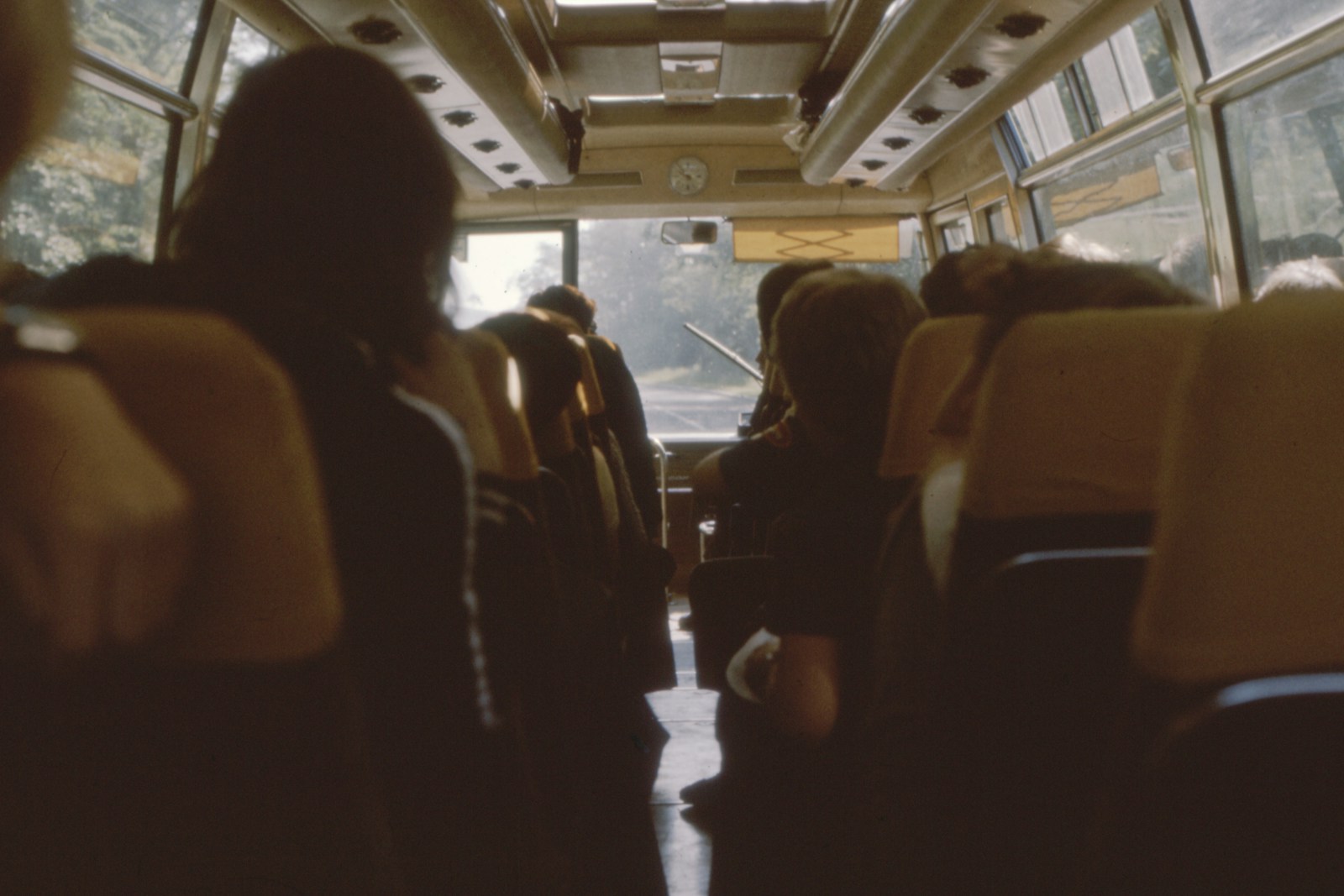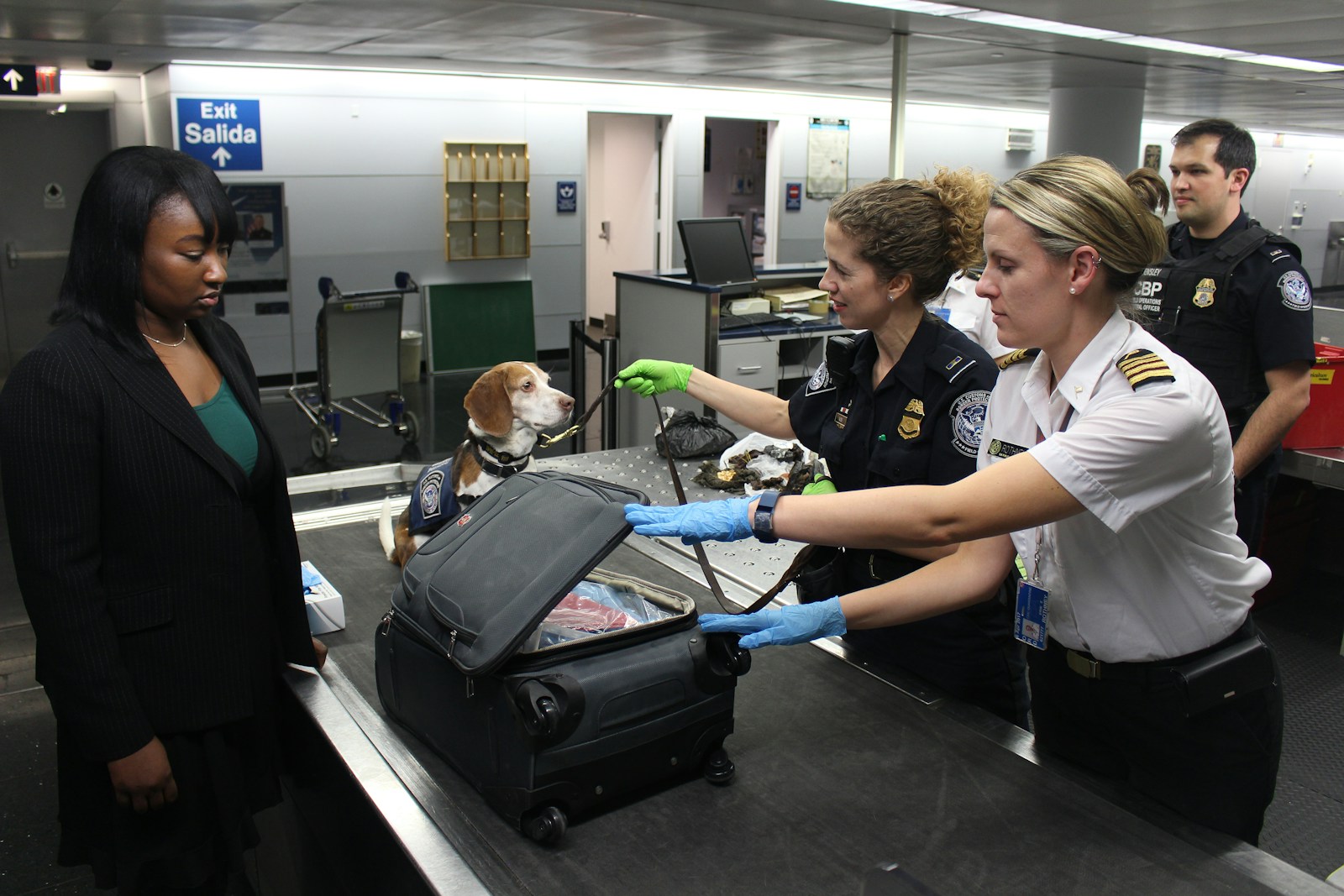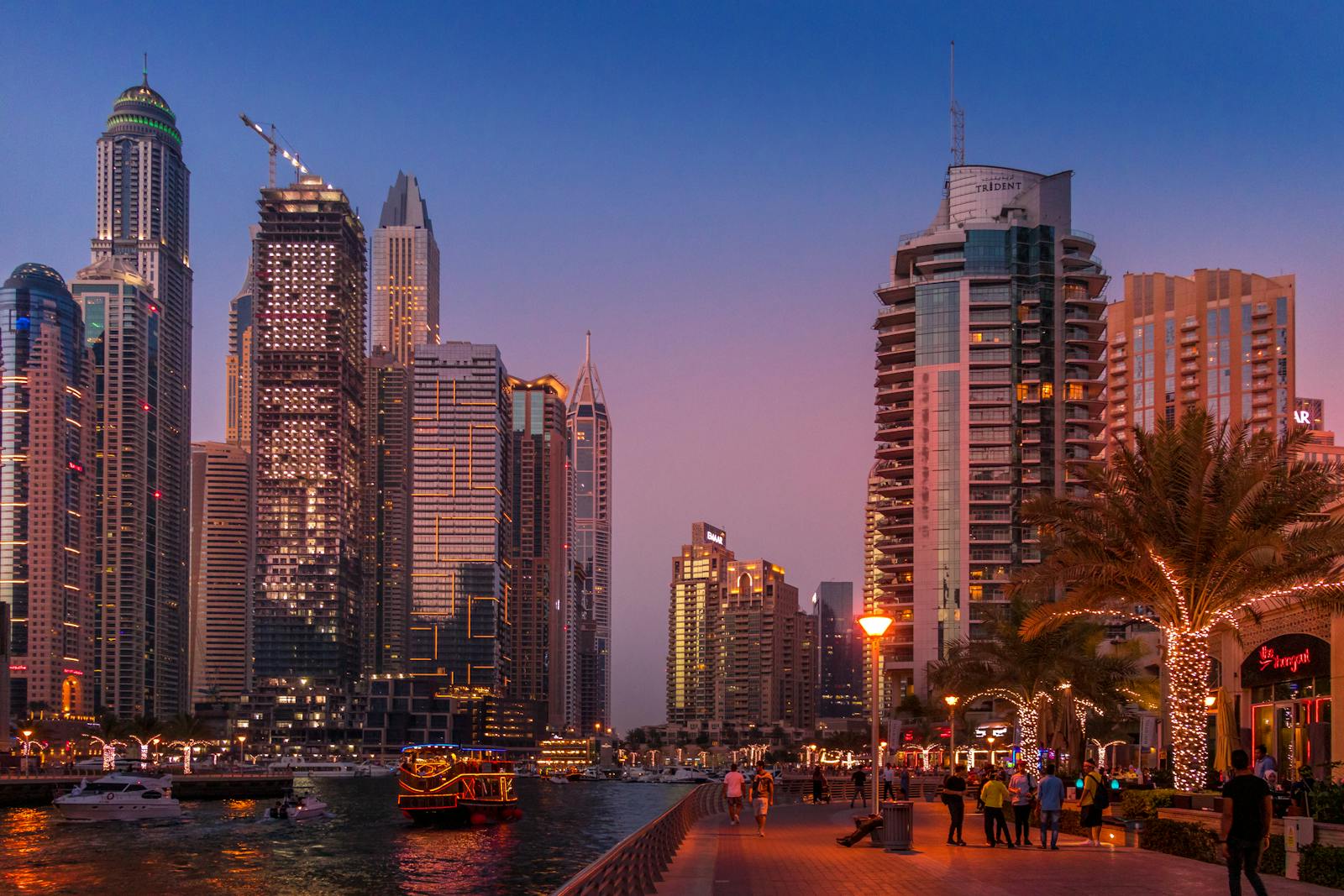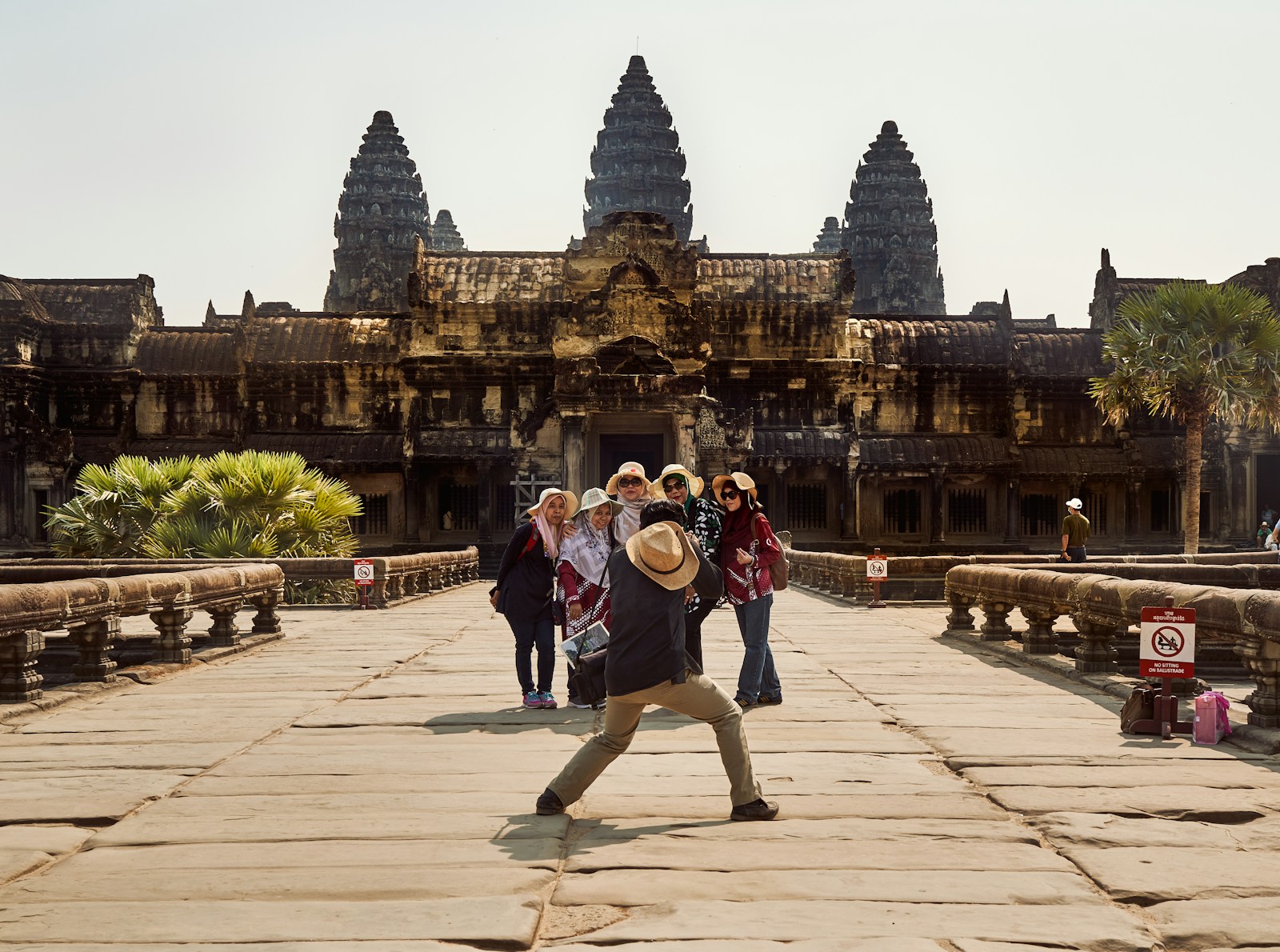Introduction
If there’s one saying that has captivated the hearts of wanderers across the globe, it’s this profound idea—”Travel is life, not living.” For travel enthusiasts, digital nomads, and adventure seekers, this phrase embodies more than just an expression; it encapsulates a philosophy that elevates travel from a mere hobby to a way of being. Here, we will unravel the meaning behind this saying and its relevance for those who chase horizons and thrive on exploring the world.
The notion suggests that travel isn’t just an activity but a core aspect of our existence that breathes life into our everyday experiences. In this blog post, we’ll explore the philosophy behind the saying, share personal anecdotes that bring it to life, and reveal why travel can be a powerful agent of transformation. Whether you’re an avid traveler or someone who’s just setting out on your first adventure, you’ll find insights and practical tips to help you embrace this mindset.
Exploring the Philosophy
The sentiment “Travel is life, not living” invites us to view travel as an essential element of our existence. It’s about experiencing life through the lens of constant discovery, where each new destination adds a chapter to our personal story. For many, this philosophy challenges the traditional view of travel as a luxury and positions it instead as a necessity for a fulfilling life.
The saying encourages us to understand that travel transcends the boundaries of leisure. It’s not merely about visiting places or ticking destinations off a list, but about letting those experiences shape who we are. This mindset urges us to see the world not just as a collection of places but as a treasure trove of experiences waiting to enrich our lives.
This perspective resonates deeply with digital nomads and adventure seekers, who often prioritize experiences over possessions. It reinforces the idea that life’s richness comes not from material wealth but from the memories and insights gained through exploration. By adopting this view, individuals find themselves living more intentionally, with a heightened awareness of the world’s beauty and complexity.
Personal Stories
To truly grasp the impact of “Travel is life, not living,” let’s turn to the personal stories of those who’ve embraced this philosophy. Meet Sarah, a digital nomad who traded her corporate desk job for a life on the road. For her, travel became the catalyst for self-discovery and growth. She recounts how each new environment taught her something unique, from patience learned in bustling markets to resilience honed by unexpected detours.
Then there’s Jake, an adventure seeker who finds life’s meaning in the wild. His tales of scaling mountains and navigating rivers illustrate how travel feeds his soul. For Jake, these experiences aren’t just moments of thrill but opportunities to connect with nature and reflect on his place within it. His journeys have fostered a deep sense of gratitude for the natural world and an understanding of the importance of preserving it.
These stories aren’t just isolated accounts; they echo the sentiments of countless travelers who’ve found their lives transformed by the road. Each person narrates a unique yet universal truth about traveling—it changes you in ways that extend beyond geography, leaving a lasting imprint on your heart and mind.
Benefits of Transformative Travel
At its core, transformative travel is about personal evolution. When one embraces the “Travel is life, not living” mindset, they open themselves up to a world of benefits that go far beyond the surface. One significant advantage is personal growth. Traveling challenges us to step out of our comfort zones, adapt to unfamiliar situations, and develop skills we never knew we had.
Cultural understanding is another profound benefit. By immersing ourselves in different cultures, we gain insights into diverse ways of living and thinking. This exposure fosters empathy and breaks down preconceived notions, allowing us to appreciate the richness of human diversity. It’s through these experiences that we build a global perspective, one that transcends borders and unites us with people around the world.
Finally, travel gives us a renewed appreciation for our own lives. It prompts reflection on what truly matters, encouraging a shift from materialistic pursuits to meaningful experiences. By prioritizing travel, we cultivate a mindset that values connection over accumulation and adventure over routine.
Overcoming Challenges
While the idea of a travel-centric lifestyle is alluring, it’s not without its challenges. Financial constraints often top the list, as the costs of frequent travel can quickly add up. However, with careful planning and budgeting, many find ways to make it work. Opting for affordable accommodations, utilizing travel rewards, and choosing cost-effective destinations are just a few strategies to stretch those travel dollars.
Homesickness is another hurdle to overcome. Being away from loved ones and familiar comforts can be tough. Yet, technology offers solutions by providing ways to stay connected no matter where you are. Regular calls, messages, and virtual hangouts can bridge the gap and ease the longing for home.
Balancing the demands of travel with life’s responsibilities can also pose a challenge. For digital nomads, maintaining productivity while on the move requires discipline and organization. Creating routines, setting work boundaries, and finding conducive work environments help ensure that wanderlust doesn’t hinder professional commitments.
Practical Tips for Embracing “Travel is Life”
Ready to integrate travel into your life? Start by setting clear intentions. Define what “Travel is life” means for you and identify the experiences you wish to prioritize. Whether it’s exploring new cultures, seeking adventure, or finding tranquility in nature, having a vision will guide your choices.
Budgeting is key to sustaining a travel-focused lifestyle. Allocate funds specifically for travel and seek out deals and discounts that make exploration feasible. Consider alternative accommodations like hostels, homestays, or house-sitting to cut costs without sacrificing comfort.
For those looking to work while traveling, remote opportunities are plentiful. Explore freelance work, online teaching, or remote positions that align with your skills. This flexibility allows you to earn while pursuing your passion for travel, making it a sustainable way of life.
Conclusion
The saying “Travel is life, not living” encapsulates a philosophy that resonates with many who seek meaning and fulfillment through exploration. By viewing travel as an integral part of existence, we open ourselves up to a world of growth, connection, and transformation. Through personal stories and practical tips, this blog post has aimed to inspire you to see travel as more than just a pastime—it’s a way of living that enriches every aspect of who we are.
For those ready to take the plunge, remember that every step you take on this journey is an opportunity to learn, grow, and connect with the world around you. Explore, discover, and live fully, for travel truly is life.
